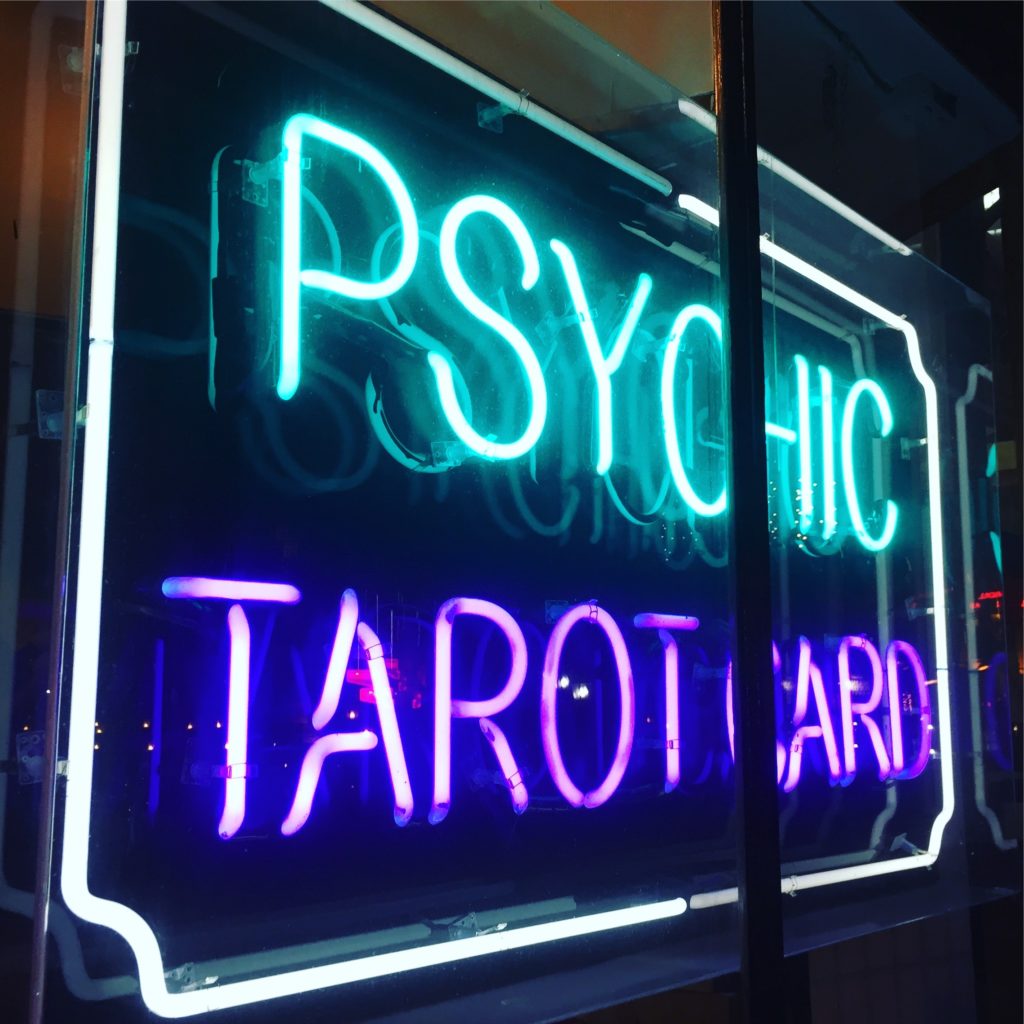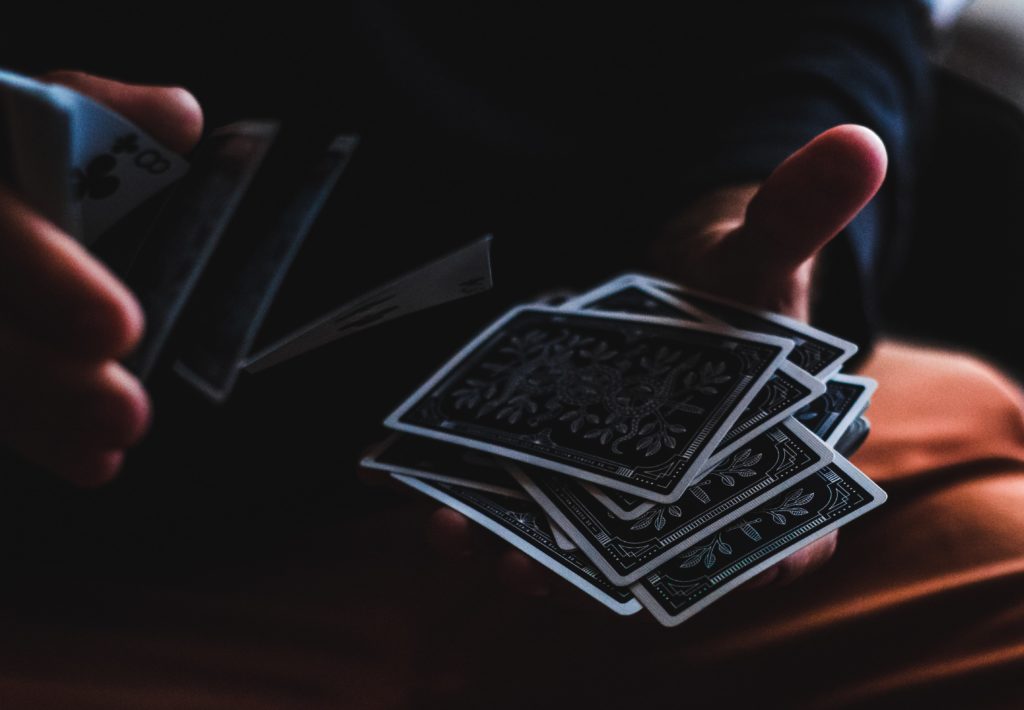It’s a fact: divinatory arts such as numerology, magnetism, or astrology are all the rage these days! In 2018, 19% of French people had recourse to a fortune teller*. There is now even a dedicated salon every year in Paris. This shows the infatuation that these clairvoyants can cause, especially when we know that all the resources of our brain are not used. But the other side of the coin can sometimes be darker. Indeed, in France, no legal framework exists to regulate fraudulent practices. If some people are militating for the creation of a professional card, it is always good to prevent scams, and to understand the workings of such ethics. This is precisely the goal of the INAD (National Institute of Divinatory Arts). This associative organization (law 1901) has for stake to moralize the profession, but also to prevent and defend the consumer of divinatory arts. Supported by its President, Youcef SISSAOUI, we have tried to grasp the blurred contours of ethics when talking about divinatory arts.
To understand the divinatory arts in order to grasp their ethics.
From the Greek ethikos, moral, ethics is a notion opening the field of possibilities on what it is good or not to do, but also on the finality of one’s acts. Real pillars in the divinatory arts, whether it is clairvoyance or astrology. Pillars, which it is important to take at the first degree, since yes, to call upon the divinatory arts is not obligatory. It is possible to live a lifetime without clairvoyance. The latter is simply there to bring light, whether one is deterministic or advocates free will. In this perspective, ethics begins by understanding that a specialist in the divinatory arts is never right.
Even if there is a medium, this is not an exact science, but a method based on… morality and belief. We will come back to this! In summary, according to Youcef SISSAOUI, The belief in clairvoyance leaves no one indifferent, it is in a state of adhesion. This belief in the divinatory arts, for many of our fellow human beings, is a dogmatic belief, often linked to education, family environment, religion, faith, hope.
Ethics are therefore essential for both the practitioner and the client. It makes it possible to make the belief viable, and to adopt respective rules, for this profession which is among the oldest in the world! And if the idea, for a clairvoyant, is to incarnate in the other, it is crucial to take into consideration the true motivations of the person giving the consultation. To practice the divinatory arts is above all to have experience and hindsight. Because let us not forget that it is a consulting profession, which calls upon a certain sensitivity. It is this same sensitivity that raises the famous question of ethics!
But in all this, what does the law say? Very concretely, the law does not tell us either that a clairvoyant has an obligation of means, and not of goal. A rather blurred boundary with morality, which implies that anyone can say anything, and once again, that everything is a matter of belief above all. Practitioners of the divinatory arts have, in short, nothing to prove, everything to convince.
Going to consult is indeed a step, which takes into account these ethical questions beforehand. It is therefore necessary to know who one is dealing with. A mutual listening, which can nevertheless be based on a charter regulating the whole profession: the INAD deontology charter. For Youcef SISSAOUI, it constitutes a real safeguard against voyeuristic thugs and an insurance, a comfort for the consumer customers..
Because that is the real question? If we assume that anyone can register with the URSSAF and open a clairvoyance practice, how can we know how to spot the scams? How can one account for a true ethics in a clairvoyant?

Divinatory arts: knowing how to flush out dubious ethics
One must start from a presupposition: the exercise of the divinatory arts has no other purpose than to enlighten the one who calls upon them, on his or her potential future. For the clairvoyant, the objective is to make the claimant aware that he or she can, with full knowledge of the facts, exercise his or her free will. A central pillar, around which many concrete elements revolve.
Indeed, a clairvoyant does not and must not have any ascendancy on his patient. He does not impose himself as a remedy, and therefore does not implement any strategy of approach. In ethics, a request for clairvoyance must then come from the person concerned, in full confidence. Once again, this privileged relationship is part of a moral code, since, Youcef SISSAOUI tells us, No need for a diploma or certificates to become a clairvoyant, mage, wizard, marabout …, anyone, anytime can settle down and exercise the activity of clairvoyance. It is one of the few professions that is not regulated or controlled at all, it is also a real jungle infiltrated by a real white-collar mafia. Some platforms surround themselves with 300 to 500 pseudo-seekers called Master or expert (in swindling, of course.) Their turnover is gigantic.
But then can we really be sure that we are not dealing with a charlatan? In the absolute, no, but in order to detect dubious ethics, beyond trust, certain reflexes may exist:
- A practitioner cannot use a term evoking gratuity for an offer that, precisely, would not be free,
- No one can use credit card numbers to verify the majority of their customers,
- A customer has the right to say what he does not wish to be told beforehand. In the same way, the clairvoyant has the right to modulate. It’s all about communication!
- It can be interesting, nowadays, to search for a practitioner on the internet. Very often, practitioners have a site on which the general terms and conditions, cancellation conditions, and its presence in the INAD register are written down in full,
A clairvoyant also has moral obligations, which places the degree of ethics at the highest level. Under no circumstances is it permissible to abuse an apparently weaker person. It is necessary to know how to say no, and to reassure the client. Youcef SISSAOUI even adds that the most common scams are the abuses and the swindles under the cover of imaginary occult works proposed by the business people, the enlightened and the swindlers to round off their ends of month to people disconnected from reality, in situation of bad being and/or tormented emotionally, sick or handicapped. The swindles go from 500 to 150.000 €.
Be careful, therefore, to awaken your critical mind. In the same way, a clairvoyant cannot impose himself as a doctor. No health diagnosis can be made: each to his own, and this would be an illegal practice. In the same perspective, consultations with minors are forbidden, for the simple reason that they are too changeable internally. Finally, if it is not a question of medicine or psychology, professional secrecy is the order of the day. This is what will bind the clairvoyant to his client, always in the spirit of trust that underpins the relationship. Because, yes, according to Youcef SISSAOUI, a practitioner must never address a client’s privacy issue if the client does not request it. He must in no way make his client believe that the latter is bewitched, under the spell of a witchcraft performed by a third party, or victim of a hereditary bad fate or caused by a relative, friend, rival, etc., in order to extract round sums of money from him. He must not frighten him either, amplify his anguish, but on the contrary he must deploy everything to reassure his client … Trust above all else!
Trust, yes, but where does one place belief in ethics? What is this tenuous relationship composed of?

Ethics and Trust: The Porous Frontier of the Divinatory Arts
Nothing could be simpler for a practitioner than to adopt language automatisms and to know how to make deductions. It is therefore essential, in order to respect ethics, to grasp trust as a cement. A cement that, step by step, builds a professional relationship, built by nothing less than mutual respect.
To believe or not to believe is everyone’s business. In my opinion, belief and faith are inseparable and constitute an important, essential part of life. It is also a hope to which the desperate cling like a lifeline, it is part of the life of the common man. It gives us strength and energy to overcome obstacles, to face adversity; anguish, loneliness, fear of a disenchanted tomorrow… All places of worship are linked to the belief of a god, a saint or a prophet, but for many years now it is the swindlers, the enlightened and business men of all stripes, usurping seers selling chimeras that have replaced places of worship (churches are being emptied to the benefit of pseudo-wondermakers disguised as seers, who do not even see the tip of their noses). But let’s not put everyone in the same basket, there are still professionals who deserve the detour and are capable of confusing the most irreducible of skeptics, without ruining them.
What Youcef SISSAOUI tells us in half words is that we must also know how to respect that in this relationship has belief, some divinatory arts are cultural. That trust is founded well beyond concrete elements, legal practices and the field of numbers. Any practitioner who respects himself has, at his level, a level of ethics, which must correspond to that of his client.
And this is perhaps the perfect harmony: finding the balance between the expectations of one and the means of the other. A clever mix, which allows us to place the divinatory arts as a resource more than a practice, a hand on the shoulder, rather than an absolute.
For more information, you can consult the INAD deontology charter: https://inad.info/documents/charte-de-deontologie.
* Source : Statista
Thomas Louis




